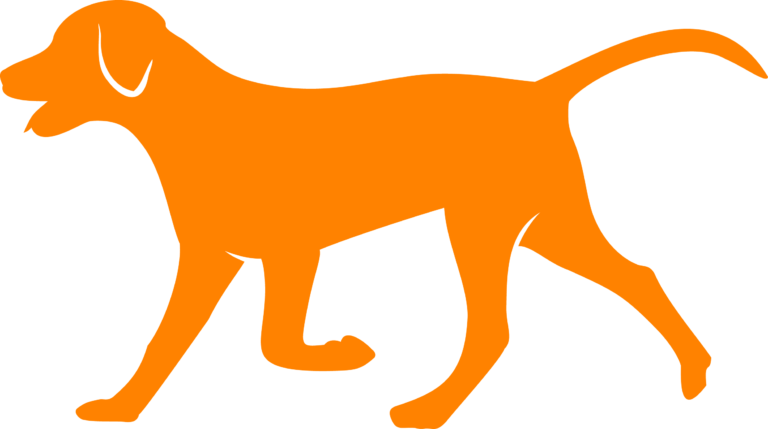Menu
Contact Us
Opening Hours
Monday – Friday 8.00am – 7.00pm
Saturday 9.00am – 4.00pm
Sunday CLOSED
Contact Us
Opening Hours
Monday – Friday 8.00am – 7.00pm
Saturday 9.00am – 4.00pm
Sunday CLOSED
Call Us
Opening Hours
Monday – Friday 8.00am – 7.00pm
Saturday 9.00am – 4.00pm
Sunday CLOSED
Castration is a relatively simple procedure where the testes are surgically removed through a small skin incision under general anaesthetic. After the surgery the majority of dogs experience little or no obvious discomfort. The main reason castration, and not vasectomy, is performed is that the most important benefits of this procedure are related to testosterone reduction rather than simply preventing breeding.
1. Prostate Disease/Cancer
One of the most common diseases affecting the older entire male dog is prostatitis, which may include inflammation, infection, abscessation and possible cancer of the prostate gland. The prostate gland enlarges with testosterone supply, over the lifetime of an entire male dog. Many affected males can be treated successfully with castration alone.
2. Tumours
Tumours of the testes are possible, and the risk is increased significantly if one or both testes haven’t descended into the scrotum. Perianal tumours may develop as a lump around the anus skin area in entire males.
3. Perineal hernia
The muscles around the rectum loosen, allowing internal structures to push out: the bladder or other important organs may become trapped. Occurs mainly (95%) in entire male dogs. Constipation or straining is often the first sign. Treatment is surgical, and castration at the time is usually performed to reduce recurrence.
4. Behaviour
The desexed male dog is less likely to develop dominance aggression problems (either towards other dogs or people). Sexually associated behaviours such as roaming, urine marking, and humping are reduced with less testosterone. However, it is important to note that many of these unwanted male dog behaviours can quickly become a learnt habit once they have already emerged. For this reason it is advisable that all male dogs not intended for stud use be desexed by six months of age.
Contrary to popular belief desexing will not alter the normal innate behaviour of your dog, nor will it cause him to become fat and lazy – this is a consequence of overfeeding and inadequate exercise for his needs.

Book an appointment
You’re only a few clicks away from booking your pet an appointment with the experts.
Who we are
We are a highly qualified team of vet and vet nurses who love animals. Find out more about who we are and what we love.

Contact us
Opening Hours
Monday – Friday 8.00am – 7.00pm
Saturday 9.00am – 4.00pm
Sunday CLOSED
Sitemap
We would love to hear from you

Weekdays – 8am to 7pm
Saturday 9am -4pm
216 Keilor Rd, Essendon North
Sitemap

Contact us
Call Us
Opening Hours
Monday – Friday 8.00am – 7.00pm
Saturday 9.00am – 4.00pm
Sunday CLOSED
216 Keilor Rd, Essendon North
Sitemap